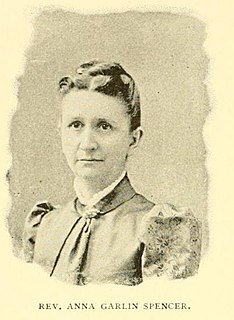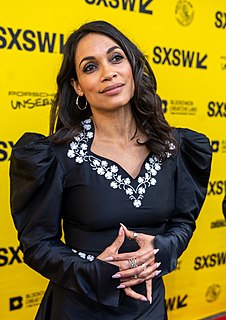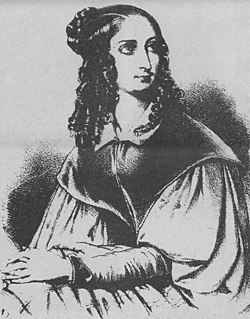A Quote by Anna Garlin Spencer
No book has yet been written in praise of a woman who let her husband and children starve or suffer while she invented even the most useful things, or wrote books, or expressed herself in art, or evolved philosophic systems
Related Quotes
A mother experiences more than one death, even though she herself will only die once. She fears for her husband; she fears for her children; again she fears for the women and children who belong to her children. ... For each of these-whether for loss of possessions, bodily illness, or undesired misfortune-she mourns and grieves no less than those who suffer.
Adultery is in most cases a theft in the dark. At such moments almost every woman betrays her husband's innermost secrets; becomes a Delilah who discloses to a stranger, discloses to her lover, the mysteries of her husband's strength or weakness. What seems to me treason is, not that women give themselves, but that a woman is prone, when she does so, to justify herself to herself by uncovering her husband's nakedness, exposing it to the inquisitive and scornful gaze of a stranger.
True the Black woman did the housework, the drudgery; true, she reared the children, often alone, but she did all of that while occupying a place on the job market, a place her mate could not get or which his pride would not let him accept.And she had nothing to fall back on: not maleness, not whiteness, not ladyhood, not anything. And out of the profound desolation of her reality she may very well have invented herself.
We're really delving into so many stories that are comic book based, so I like that we have a woman as part of that production. We haven't really explored that too much. Wonder Woman has had so many different connotations over the years because she's so beloved as a character, and it's been interesting to see how she's evolved - to see how her outfits have changed, and going from having her invisible plane to starting to fly herself, and sort of be on par with the physical attributes of Superman.
Virtue and vice suppose the freedom to choose between good and evil; but what can be the morals of a woman who is not even in possession of herself, who has nothing of her own, and who all her life has been trained to extricate herself from the arbitrary by ruse, from constraint by using her charms?... As long as she is subject to man's yoke or to prejudice, as long as she receives no professional education, as long as she is deprived of her civil rights, there can be no moral law for her!
I think Hillary Clinton has made great strides in doing so, even though there are people who want to bring us back to the '50s and still define a woman by her husband and her husband's legacy. But she has proven herself to be a force on her own and is an example to us of how women should and can be judged on their own merits.
She had always been a reader… but now she was obsessed. Since her discovery of the book hoard downstairs from her job, she’d been caught up in one such collection of people and their doings after the next…The pleasure of this sort of life – bookish, she supposed it might be called, a reading life – had made her isolation into a rich and even subversive thing. She inhabited one consoling or horrifying persona after another…That she was childless and husbandless and poor meant less once she picked up a book. Her mistakes disappeared into it. She lived with an invented force.
Forever, reading has been central, the necessary fix, the support system. Her life has been informed by reading. She has read not just for distraction, sustenance, to pass the time, but she has read in a state of primal innocence, reading for enlightenment, for instruction, even. ... She is as much a product of what she has read as of the way in which she has lived; she is like millions of others built by books, for whom books are an essential foodstuff, who could starve without.
The universal nature has no external space; but the wondrous part of her art is that though she has circumscribed herself, everything which is within her which appears to decay and to grow old and to be useless she changes into herself, and again makes other new things from these very same, so that she requires neither substance from without nor wants a place into which she may cast that which decays. She is content then with her own space, and her own matter, and her own art.
Sometimes I'll say, "I wrote that book," and the person will look at you as if you're really strange. One time that happened to my daughter on a plane. She was sitting next to a girl who was reading one of my books and my daughter said, "My mother wrote that book." And the girl started to quiz my daughter, asking her all sorts of questions, like what are the names of Judy's children and where did she grow up. My daughter thought it was so funny.
Over and over again, stories in women's magazines insist that women can know fulfillment only at the moment of giving birth to a child. They deny the years when she can no longer look forward to giving birth, even if she repeats the act over and over again. In the feminine mystique, there is no other way for a woman to dream of creation or of the future. There is no other way she can even dream about herself, except as her children's mother, her husband's wife.
The woman who needs to create works of art is born with a kind of psychic tension in her which drives her unmercifully to find a way to balance, to make herself whole. Every human being has this need: in the artist it is mandatory. Unable to fulfill it, he goes mad. But when the artist is a woman she fulfills it at the expense of herself as a woman.




































